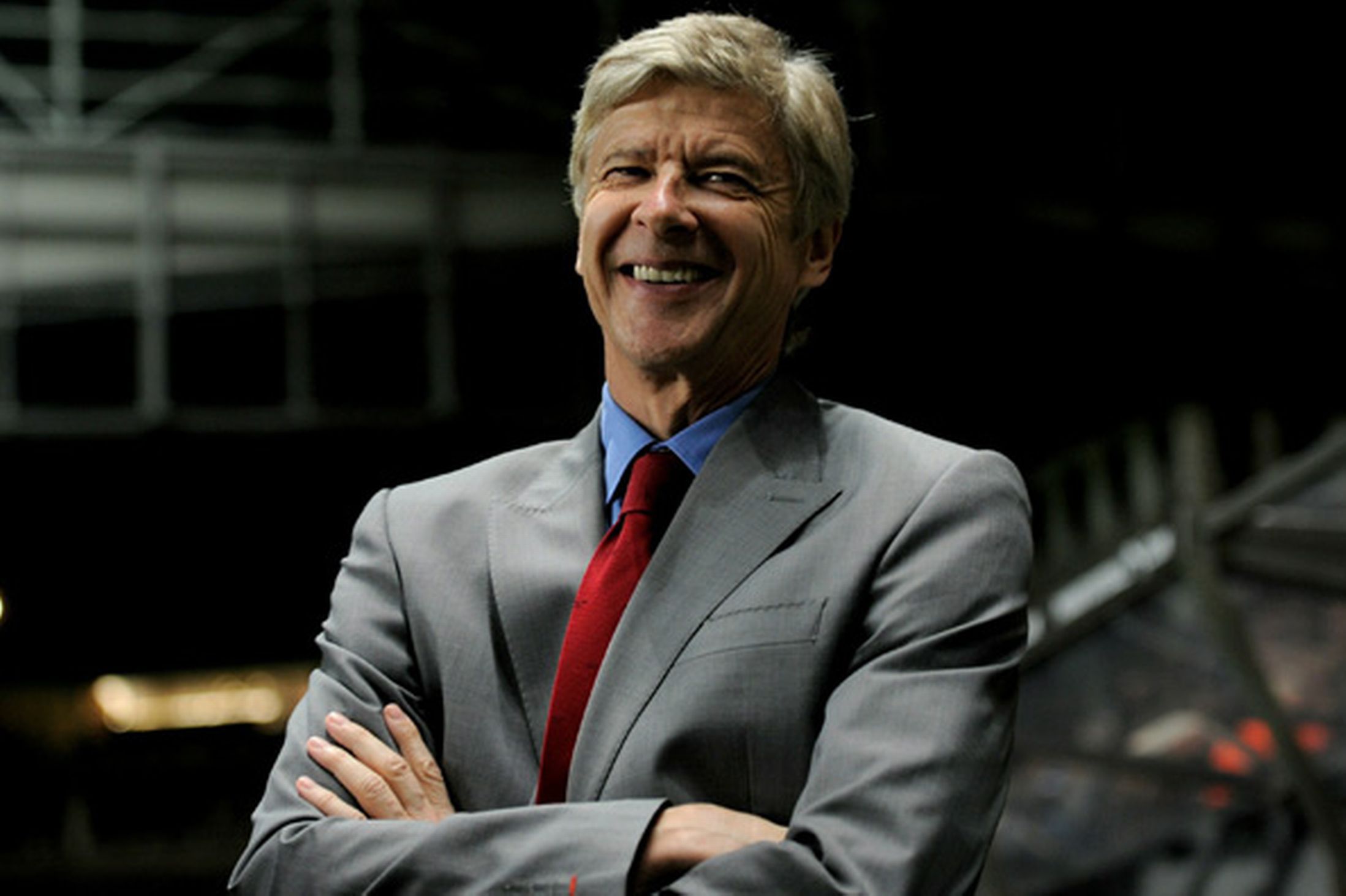Arsène Wenger’s tenure at Arsenal FC is often depicted as a golden era, marked by a significant tactical and philosophical evolution that reshaped English football. Taking the helm in 1996, Wenger’s influence on Arsenal was profound, steering the club through a transformative period characterized by innovative tactics, a distinct playing philosophy, and an emphasis on youth development. This article delves into the intricate evolution of Arsenal under Wenger’s guidance, exploring both his tactical innovations and the philosophical underpinnings that defined his approach to football.
Early Days: Introducing a New Philosophy
When Wenger arrived at Arsenal, English football was entrenched in a more traditional, physical style of play. His arrival was met with skepticism, as many doubted his French and continental methods would translate to the Premier League’s more rugged demands. However, Wenger was undeterred. He introduced a new style of play that was markedly different from the norm: a fluid, attacking brand of football underpinned by technical prowess and a commitment to attractive, free-flowing play.
Wenger’s philosophy was deeply influenced by his experiences in France and his admiration for the French national team’s style of play. He placed a strong emphasis on technical skill, quick passing, and fluid movement. This approach was a departure from the more direct and physical style that dominated English football at the time. The focus on technical excellence and creative freedom allowed Arsenal to play with an elegance that was previously unseen in the Premier League.
Tactical Innovations: From 4-4-2 to the Invincibles
Wenger’s tactical approach evolved significantly over his tenure. In the early years, his preferred formation was the classic 4-4-2. This system, with two banks of four and two strikers, allowed Arsenal to be both defensively solid and offensively potent. Wenger’s interpretation of this formation involved a fluid, dynamic style of play. The midfield was often populated by technically gifted players who could both disrupt opposition attacks and launch swift counter-attacks.
One of Wenger’s most notable tactical innovations came with the deployment of the 4-4-2 formation in a more fluid and attacking manner. The system allowed for a high pressing game that aimed to win the ball back quickly and exploit the spaces left by the opposition. This was exemplified by the “Invincibles” team of the 2003-2004 season, which went unbeaten throughout the league campaign. The success of this team was a testament to Wenger’s tactical acumen and his ability to adapt and evolve his strategies.
The Invincibles were characterized by their versatility and attacking prowess. Wenger’s tactical flexibility allowed the team to transition seamlessly between different formations and strategies, adapting to the demands of each match. The fluidity in attack was a hallmark of Wenger’s philosophy, with players like Thierry Henry, Dennis Bergkamp, and Patrick Vieira combining skill, pace, and vision to create a formidable attacking unit.
Emphasis on Youth Development and Scouting
Another significant aspect of Wenger’s tenure was his emphasis on youth development and scouting. Wenger’s belief in nurturing young talent was a cornerstone of his philosophy. He recognized the importance of developing young players who could contribute to the first team and build a sustainable future for the club.
Wenger’s scouting network was instrumental in identifying young talents from across Europe. His ability to spot potential and invest in youth development became one of his defining traits. Players like Cesc Fàbregas, Ashley Cole, and Robin van Persie were products of Wenger’s youth development system, and their contributions were pivotal to Arsenal’s success during his tenure.
The emphasis on youth development also extended to the club’s facilities. Wenger played a crucial role in the development of Arsenal’s state-of-the-art training ground, London Colney, and the Emirates Stadium. These investments were aligned with his vision of creating an environment conducive to player development and success on the pitch.
Philosophical Underpinnings: The Wenger Legacy
Wenger’s philosophy was not solely about tactical innovations or youth development; it was also about a broader vision of football and its role in society. He was an advocate of football as an art form, a belief reflected in the way his teams played. Wenger saw football as a means of expressing creativity and skill, rather than just a competitive sport.
His emphasis on playing attractive, attacking football was rooted in a belief that the game should be played with flair and imagination. Wenger’s teams were known for their fluid passing, intricate build-up play, and a commitment to creating goal-scoring opportunities through teamwork and technical ability.
Additionally, Wenger’s philosophy extended to the importance of sportsmanship and fair play. He championed the idea that football should be played with respect for opponents and the rules of the game. This ethos was reflected in his approach to both coaching and managing his players, fostering a culture of professionalism and integrity.
The Later Years: Challenges and Adaptations
In the latter years of Wenger’s tenure, Arsenal faced increasing challenges. The transition to the Emirates Stadium brought financial constraints that impacted the club’s ability to compete in the transfer market. Despite these challenges, Wenger continued to adapt his tactics and philosophy.
One of the notable tactical adaptations was the shift towards a more pragmatic approach in certain matches. Wenger began to employ more conservative strategies against stronger opponents, aiming to achieve positive results while managing the team’s resources. This shift was a response to the changing landscape of English football and the increased competition from rival clubs.
Despite the financial limitations and increased competition, Wenger’s commitment to his philosophy remained unwavering. He continued to prioritize technical quality and attacking football, and his legacy was defined by his ability to maintain these principles even in the face of adversity.
Wenger’s Enduring Impact
Arsène Wenger’s impact on Arsenal and English football is profound and enduring. His tactical innovations, commitment to attractive football, and emphasis on youth development reshaped the game and left a lasting legacy. Wenger’s tenure at Arsenal was marked by periods of immense success, including the Invincibles season, and his contributions to the club’s philosophy and identity are still felt today.
While the later years of his tenure were challenging, Wenger’s influence on Arsenal’s playing style and footballing philosophy remains a testament to his vision and dedication. His legacy is not just about the trophies won or the matches played, but about the way he transformed Arsenal into a club synonymous with attacking, technical football and a commitment to nurturing young talent.
Arsène Wenger’s time at Arsenal will always be remembered as a period of transformation and innovation. His impact on the club and the broader landscape of English football is a testament to his extraordinary career and his enduring influence on the beautiful game.

